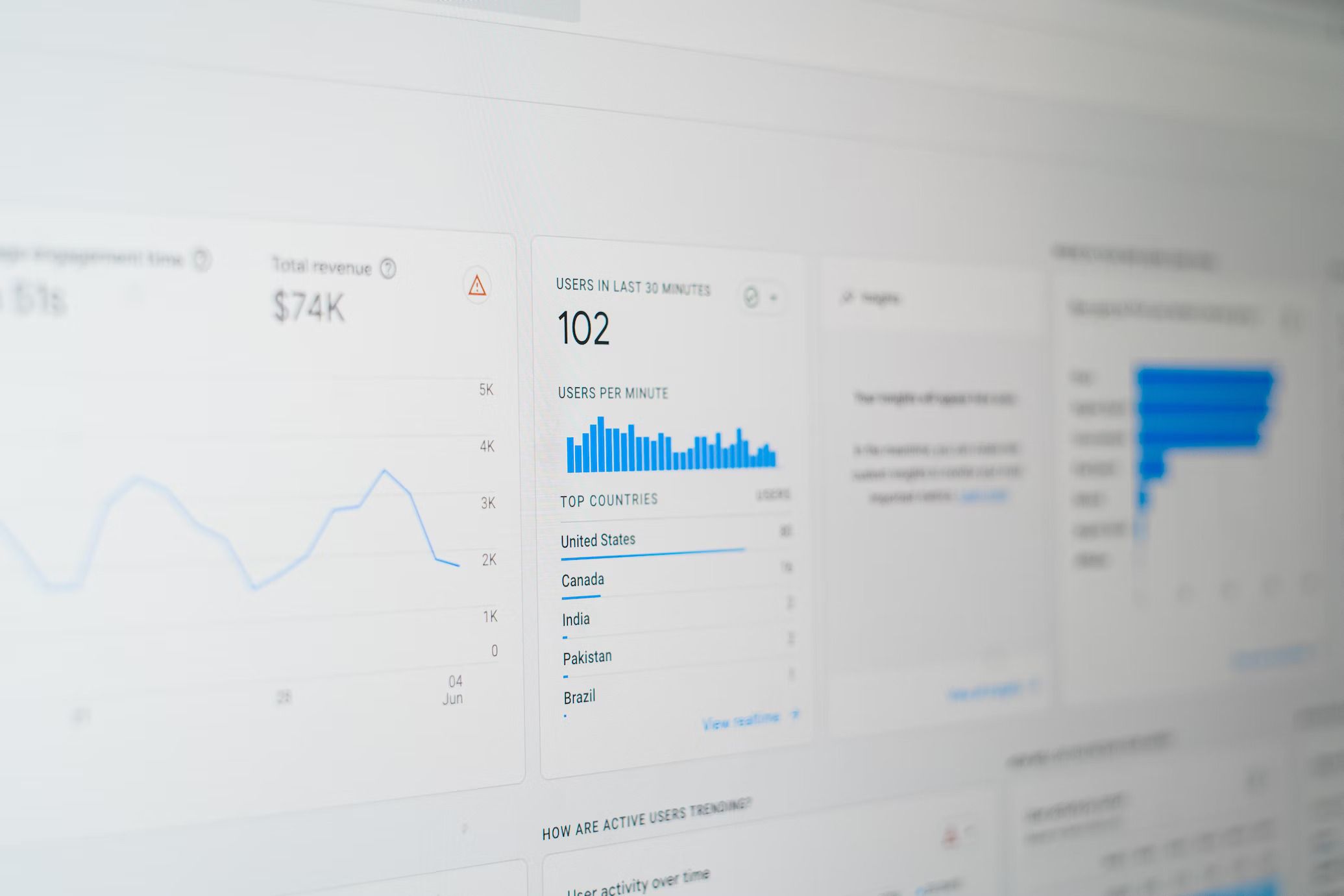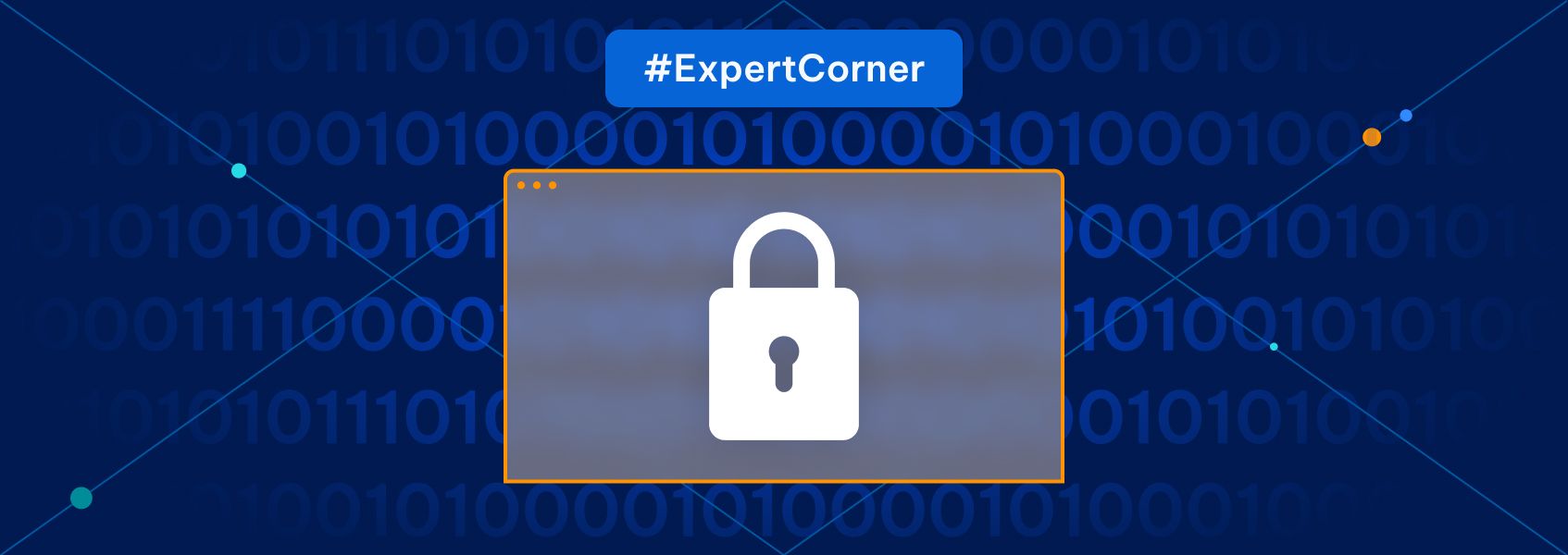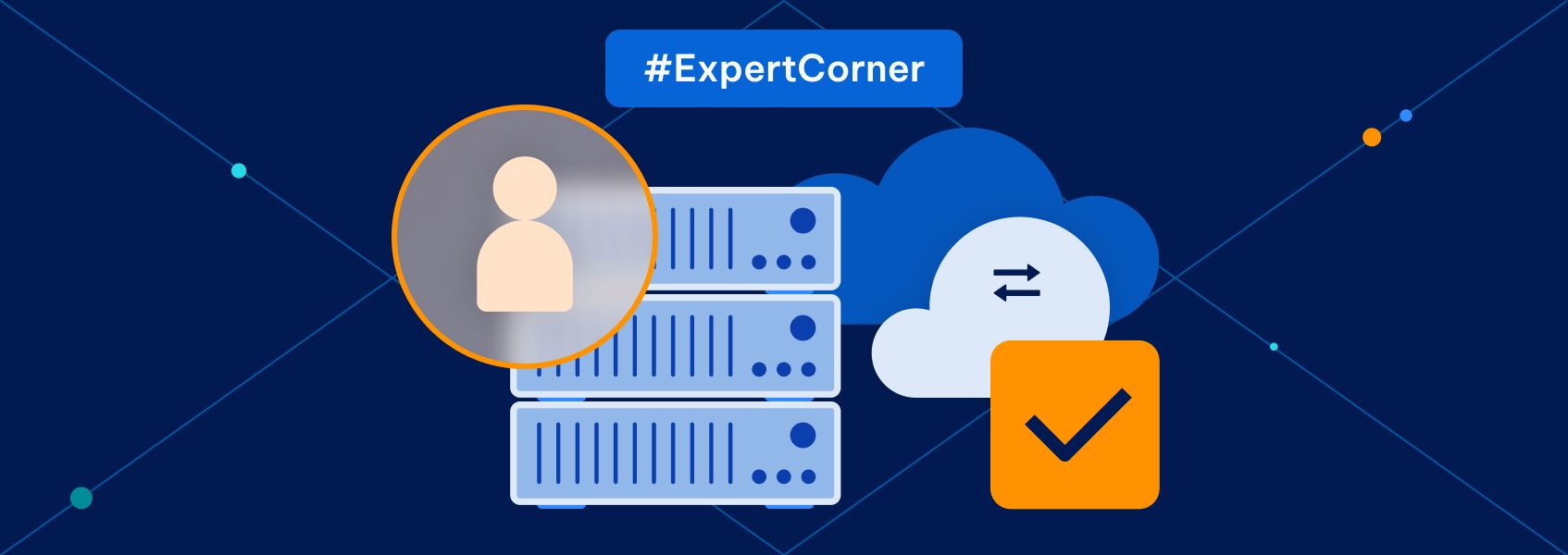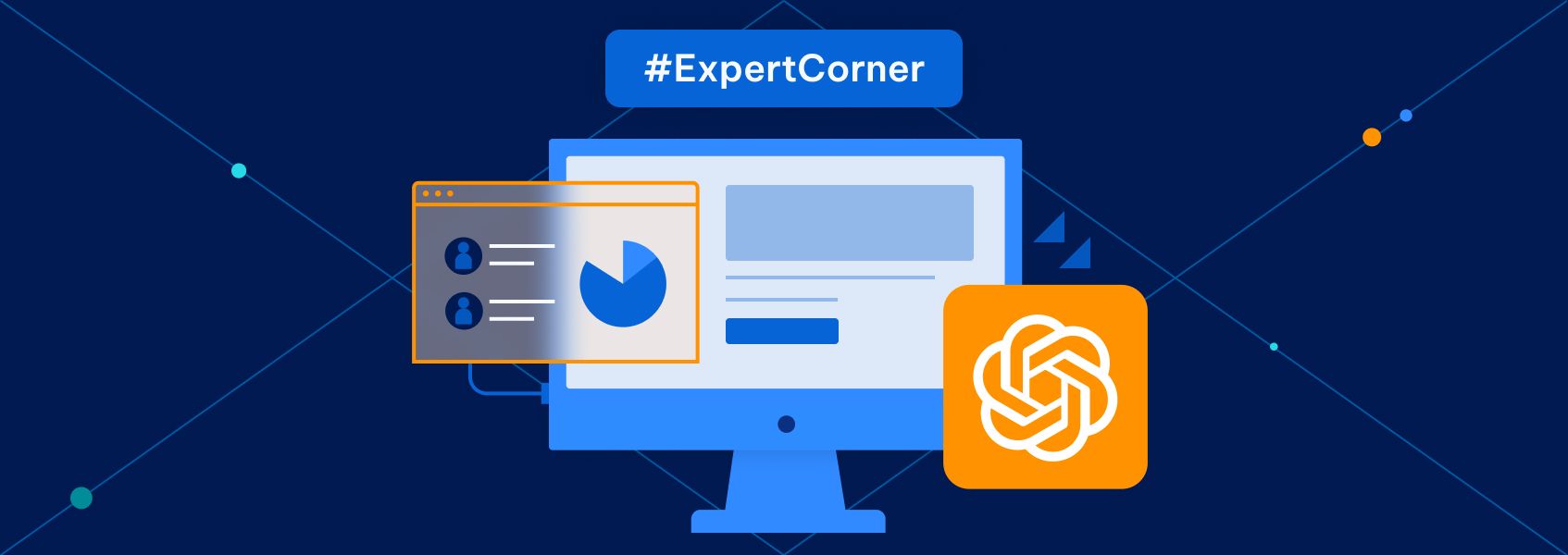Data Acquisition in the Digital Age: Challenges and Strategies for Ensuring Legality and Privacy
Expert corner

Adomas Sulcas
Data is a word that dates back to the 1640s. But the term has been primarily used in the context of modern technology.
Indeed, data is an essential part of the digital age as it refers to a collection of values that create information . The biggest and most successful organizations leverage data to gain knowledge that will help them provide better services and get ahead of the competition.
But not all data needs to be collected . There is a proper system to collect the appropriate information for businesses. And that system is called data acquisition or DAQ.
What Is Data Acquisition?
Data acquisition is the systematic collection of data from various sources and converting them into digital format for analysis. In more technical terms, it is the process of transforming analog data into digital.
In the digital age, data acquisition and analysis are done using various tools, apps, and software . The specific type of software used depends on the industry that collects and uses the data.
Some types of data are consistently leveraged by businesses in any niche:
Consumer Data
Consumer data refers to collected information on every touchpoint between a customer and the business. Personal information, for example, is crucial for companies to understand their core customers and their behavior. Data about consumer purchases must also be collected to track people’s preferences . All of these details can be stored in the business’s database for future use.
Product Data
This pertains to the company’s sales numbers and each product’s popularity compared to competing items . Product data also includes other details necessary for operations, such as inventory, manufacturing costs, and profits.
Analytics Data
This refers to a collection of values that provide insight into how businesses can improve their operations and services . For example, analytics on web traffic may supply data on which pages generate peak traffic and which need improvement. Data is processed so the organization can develop actionable strategies to take things to the next level.
Employee Data
This differs from the employee information every business keeps in the HR database. Employee data refers to their productivity and performance. It may include information about attendance, sales, commissions, and other data points that carry weight for overall operations.
Collecting data isn’t as straightforward as it sounds. There are significant challenges to efficient and ethical DAQ.

Common Challenges in Data Acquisition
Data is critical, but not all types of data are needed for business. And choosing data points appropriate for the industry can be a challenge.
Here are some of the biggest issues in data acquisition:
Infrastructure
Technology is evolving quickly, and you need to keep up with it or else get left behind. But how does that affect DAQ?
Changing technologies entails constant adjustments in your company’s plans and strategies. Some of these tactics need some time to craft, only to be outdated months later. Your infrastructure must also adapt to the changes, which requires a significant investment.
Businesses need talented, highly adaptable IT teams to stay on top of tech and DAQ trends.
Knowledge and Skills Improvement
The people behind a company’s DAQ must be versatile enough to go with the tide. And as technology advances, they need to upgrade their knowledge and skills to keep up with the pace.
Current trends include the use of artificial intelligence and machine learning in DAQ . Soon enough, other emerging technologies will impact data and how they are harnessed.
Data Scaling
Analytics may require data scaling as the business grows. Fortunately, this is simple enough. In B2B relationships, clients will need large amounts of data from different sources. You need to manage the possible overflow of data through scaling. Consider acquiring new equipment, reliable tools like proxies (read our blog on what are proxies used for ), and a larger team.
Security
In the digital age, security must be a priority. Reports state that by 2026, 45% of global businesses will have been impacted by supply chain attacks. Security must be integrated into all business processes, including data acquisition.
Some of the best security practices for businesses include using a reliable virtual public network , installing security software, and restricting access to all business data.
Privacy and security are critical in business. A data breach may cost millions of dollars and, worse, will forever tarnish a company’s reputation.

Strategies for Legal and Private Data Acquisition
It has been established that data is essential to improve a business’s operations and services. Data may be abundant, but personal information cannot be collected and stored without explicit permission. And when the person agrees for their data to be collected, the organization is responsible for ensuring it remains private.
Here are the common tactics to collect essential business data:
White Paper
A white paper is a document that informs the audience about the company’s philosophies or specific information regarding the business. It has also become an effective strategy to inform consumers about the organization’s intent in collecting personal data and the reasons for doing so. To download white papers, customers must enter their email addresses and other personal information.
Subscription Program
It is more important than ever to develop relationships with customers. Consumers don’t just visit a website to buy products; they also subscribe to get newsletters and updates about a brand’s new products and services. A subscription program allows businesses to gather personal data and product data.
Survey
A survey is a great way to understand what your customers want from your business. Attract respondents by providing incentives. Make the survey brief but make sure to explain the intent to your audience.
Contests
A contest is a great way to give back to loyal customers while collecting essential data. Your followers and subscribers can join by entering their information to enroll in the contest.
Events
Events like pop-ups, meetups, concerts, and exclusive affairs are great marketing endeavors. To join, invite customers to enter their personal information. Then, your business will have more data to analyze.
Conclusion
Data acquisition has become the foundation of many business operations. Data can improve overall business functions and marketing. But the process of collecting and analyzing data has some challenges. Organizations must harness data responsibly and prioritize security.


